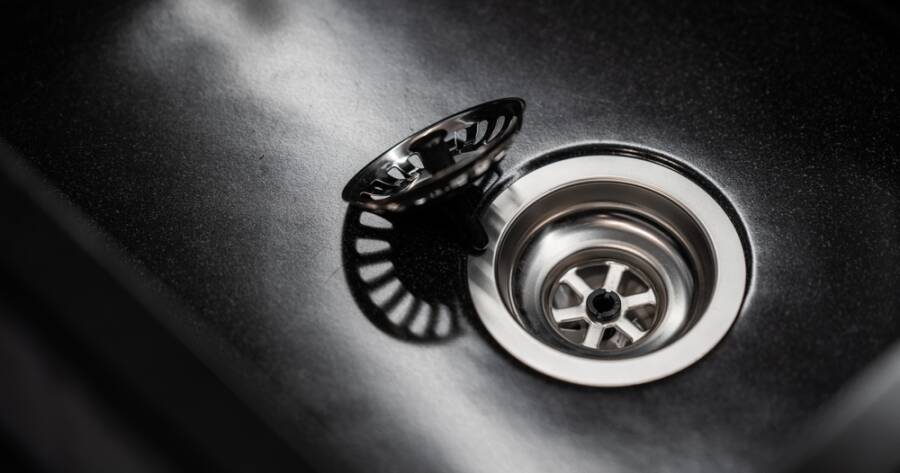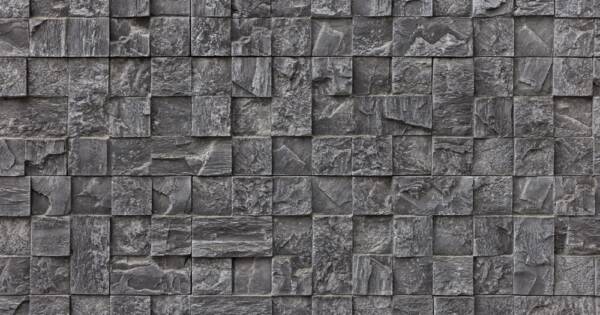A clogged drain can quickly turn into a major headache, causing slow drainage, foul odors, and even costly plumbing issues. Regular drain pipe cleaning is essential to keep your plumbing system in top shape and prevent future blockages. Don’t wait until a clog disrupts your day—take action now! Learn the best drain cleaning techniques, preventative maintenance tips, and when to call in the experts to keep your home’s plumbing hassle-free.
Common Causes of Clogged Drains
Clogs in drain pipes can occur for a variety of reasons, with some of the most common culprits being:
- Hair and Soap Scum: Commonly found in bathroom drains, hair and soap residue can form a sticky mass that blocks water flow.
- Grease and Food Waste: In kitchen drains, grease, oil, and food scraps are primary causes of clogs. Grease solidifies as it cools, sticking to the pipe walls and trapping debris.
- Foreign Objects: Items such as wipes, paper towels, and hygiene products can create severe blockages if flushed down the toilet or drains.
- Mineral Buildup: In areas with hard water, minerals can accumulate inside pipes over time, reducing flow and contributing to blockages.
Effective Drain Cleaning Techniques
Here are some of the most reliable methods for cleaning drain pipes and maintaining a smooth flow:
1. Hot Water Flush
Pouring hot water down the drain can help dissolve grease and flush out minor clogs. Add a bit of dish soap for kitchen drains to break down grease more effectively.
2. Baking Soda and Vinegar
A natural and non-corrosive solution, this method involves pouring baking soda down the drain, followed by vinegar. Allow it to sit for 30 minutes, then flush with hot water to break up and wash away clogs.
3. Drain Snake or Auger
A drain snake is a flexible tool designed to remove tough clogs manually. Insert it into the drain, rotate it, and pull out debris to clear the blockage. This method works well for hair clogs and larger obstructions.
4. Hydro Jetting
This professional technique uses high-pressure water to blast away stubborn clogs, grease buildup, and mineral deposits. Hydro jetting is highly effective and can restore pipes to near-original condition.
5. Enzymatic Cleaners
For ongoing maintenance, enzymatic drain cleaners can break down organic matter without damaging pipes. These cleaners use natural bacteria to prevent clogs.
Preventative Maintenance Tips
Prevention is the best way to avoid costly repairs and frequent clogs. Follow these tips to keep your pipes in good condition:
- Use Drain Screens: Install screens over drains to catch hair and food particles.
- Avoid Pouring Grease Down the Drain: Dispose of grease and oil in a sealed container instead.
- Flush Drains Regularly: Pour hot water down drains weekly to help clear minor debris.
- Schedule Annual Maintenance: Professional inspections and cleanings can identify potential issues before they escalate.
When to Call a Professional
If you’ve tried DIY methods but still experience persistent clogs, foul odors, or slow drainage, it’s time to call in a professional plumber. Serious blockages, tree root intrusion, or damaged pipes require advanced tools and expertise to address effectively.
Keep Your Drains Clean for a Hassle-Free Plumbing System
Regular drain pipe cleaning is crucial for keeping your plumbing system in top condition. By understanding common causes of clogs, using effective cleaning techniques, and practicing preventative maintenance, you can avoid costly repairs and disruptions. Don’t hesitate to seek professional help when needed to ensure your plumbing runs smoothly year-round.




